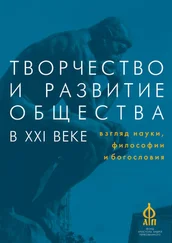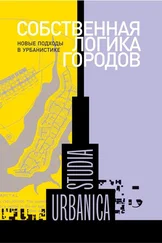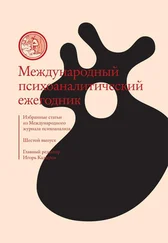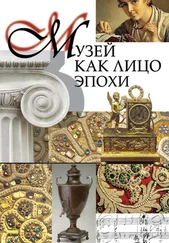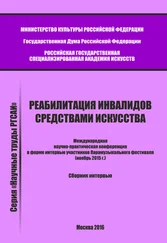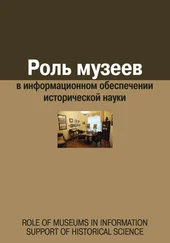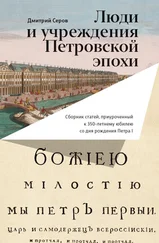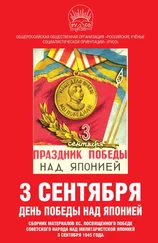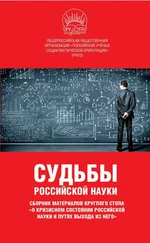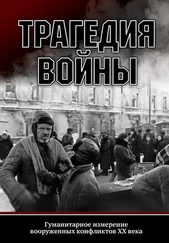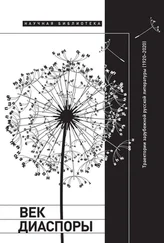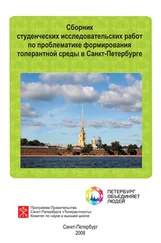В целом, в пропаганде шотландских якобитов складывался исключительно негативный образ вигской партии, в связи с чем ее уничтожение после реставрации Стюартов ставилось главной программной задачей движения.
Ключевые слова: виги; якобиты; оранжисты; шотландцы; фольклор; религиозная политика; торговля; «Даринский инцидент».
THE BRITISH WHIGS IN THE POLITICAL PROPAGANDA OF SCOTTISH JACOBITES
According to the prevailing perception in contemporary historiography, history of the British state after Glorious revolution of 1688–1689 is portrayed as the fluent evolution process of the foundation of the constitutional monarchy, constant growth of the role of the Parliament and other democratic institutions, the formation of the civil society. Historians write that there were no serious obstacles on the way for such progress. However, in reality there were many threats to the security of the British kingdom at the end of XVII–XVIII centuries. Perhaps, the main challenge to the peace of the British Islands was the Jacobite activity, the political movement which emerged as the union of all political forces that didn’t recognize the Glorious revolution and came out in support of King James II Stuart.
As during any war (the political fight of the Jacobites was periodically developed in the bloody rebellions of 1689–1691, 1715–1716, 1745–1746) the opponents developed large scale propaganda, in which the Jacobites as well as the Orangists tried to legitimise their claims to power of the British Islands.
In this article the author sheds light on the attitudes of the Scottish Jacobites to such all-British phenomena as Whiggism and in this context the corelation of such notions as «Scottishness» and «Britishness».
In their propaganda Jacobites declared the Whigs their main political opponents because the Whigs’ policy contradicted the interests of British society. The supporters of «the kings overseas» accused the Whigs of the treachery of the British foreign policy and «trade of blood». The Jacobites alleged that the Whigs’ diplomacy served the interests of the foreign Kings William III and Hannovers and contradicted the interests of the native British population. The Jacobites justly asserted that the wars sanctioned by the Whigs’ governments did harm to Scottish foreign commerce. Jacobites declared that English Whigs prevented Scottish merchants from participating in the British colonial trade. Jacobites criticized religious policy of the Whigs’ government because it led to increasing contradictions in Anglican Church in England and impinged on the rights of Catholics and Scottish Presbyterian Church.
Thus, Scottish Jacobites in their political propaganda constructed exclusive negative image of Whig party. So, the main purpose of the Jacobites was the full abolition of the Whigs party after the restoration of Stuarts.
Keywords: the Whigs; the Jacobites; the Orangists; The Scots; folklore; religion policy; trade; «Darien Scheme».
СПИСОК ЛИТЕРАТУРЫ (REFERENCES)
1. “Declaration of King James II, April 20, 1692”, in vol. 2 of Clarke James S. The Life of James the Second. London: Printed for Longman, Hurst, Rees, Orme, and Brown [etc.], 1816. P. 479–488.
2. “Declaration of King James VIII, March 1, 1708”. http://www.jacobite.ca/
documents/ 17080301.htm (date of access: 14.03.2014).
3. Gibson William. James II and the Trial of the Seven B/s/iops. New York: Palgrave Macmillan, 2009. 25 lp.
4. Goldie Mark, Jackson Clare. “Williamite Tyranny and the Whig Jacobites”, in Redefining William III: The Impact of the King-Stadholder in International Context, ed. Esther Mijers, David Onnekink. Burlington: Ashgate, 2007. P. 177–199.
5. Hogg James. The Jacobites Relics of Scotland: Being the Songs, Airs, and Legends of the Adherents of the House of Stuarts. Edinburgh: Edinburgh University Press, 2003. 565 p.
6. Lenman Bruce. The Jacobite Risings in Britain, 1689–1746. London: Eyre Methuen, 1980. 320 p.
7. Macquoid Gilbert Samuel. Jacobite Songs and Ballads (selected). London: W. Scott, n. d. 534 p.
8. Szechi Daniel. The Jacobites: Britain and Europe, 1688–1788. Manchester [England]; New York: Manchester University Press: Distributed exclusively in the USA and Canada by St. Martin’s Press, 1994 172 p.
9. “Unpublished Declaration of King James II, February 28, 1696”, in vol. 1 of Calendar of the Stuart Papers, Historical Manuscripts Commission. London: H. M. S. O., 1902. P. 110–112.
Русский: «чужак» или «свой»? Немецкие образы революционной России
Зотов С. О.
Каким же было восприятие немцами русских в революционной России, стали ли они главным мировым врагом германцев или остались близки культурно, идейно и духовно русскому народу? Что думали немцы о русских в связи с выходом Российской Империи из войны и установления власти Советов? Остались ли две нации, противостояние которых предельно накалилось уже в горниле Второй мировой, врагами до сих пор? Образ русского-чужака и врага наравне с образом революционера, служащего примером европейским социалистам, странным образом сосуществовали в едином культурном поле послевоенной Германии, влияя на конструирование дальнейших культурных связей и противостояний, отчуждений и встречных шагов двух стран. Рационально необъяснимые процессы в революционной России еще больше укрепили стереотип «загадочной русской души», дав простор мифологизации образа «русского».
Быстрая смена царского режима на власть Советов вызвала в Германии огромный общественный резонанс, и множество исследователей пытались понять не только политические процессы, происходящие в частично изолированной от Запада России, но и русский дух perse , переменчивый и, казалось бы, чужеродный немецкому менталитету. Образы русских-врагов мирно уживались с расхожим стереотипом добродушного русского, как он изображался на страницах прессы. Немецкое отношение к Революции также едва ли можно было бы толковать однозначным образом. На одном полюсе существовал «русский Берлин» эмиграции, на другом – сотни тысяч немцев, проживавших на территории России. Несмотря на трудности войны культурный обмен продолжался с удвоенной силой, и загадочная для Запада и до Революции Россия превратилась в воображении многих немцев в утопический край реализации смелых политических и философских идей, выискиваемых в русской литературе или вменяемых ей. Полковник Макс Бауэр, побывавший в 1925 г. в Советском Союзе, хвалил предельно милитаризированный строй государства, называя его «страной красных царей» [579], в то время как Гитлер провозгласил «восточную политику вместо восточной ориентации», то есть завоевание «жизненного пространства на Востоке» [580], иначе – России. Возможно, Гитлеру противостояние против России виделось еще и как борьба наций – впоследствии именно раздробленные прежде на множество микрогосударств Германия и Италия, став тоталитарными, будут противостоять России, многонациональной, раздробленной и не менее тоталитарной.
Читать дальше
Конец ознакомительного отрывка
Купить книгу

